USCIS updated interpretation of the requirement for "shared residence" to occur during the qualifying spousal or parent-child relationship. Instead, the self-petitioner must demonstrate that they are "residing or have resided with the abuser at any time in the past".
USCIS is also implementing nationwide the decisions in Da Silva v. Attorney General, 948 F.3d 629 (3rd Cir. 2020), and Arguijo v. United States, 991 F.3d 736 (7th Cir. 2021).
Da Silva v. Attorney General held that when evaluating the good moral character requirement, an act or conviction is “connected to” the battery or extreme cruelty when it has “a causal or logical relationship.”
Arguijo v. USCIS allows stepchildren and stepparents to continue to be eligible for VAWA self-petitions even if the parent and stepparent divorced.
Clarifies how USCIS considers the 2-year filing requirement when the self-petitioner’s marriage is terminated, the abusive U.S. citizen family member dies, and the abusive family member loses or renounces U.S. citizenship or LPR status.
Clarifies that INA 204(a)(2) does not apply when a self-petitioner files a Form I-360 based on a qualifying relationship to an abusive LPR spouse but does apply if the self-petitioner acquires LPR status and subsequently files a family-based spousal petition.
Provides guidance on special considerations for self-petitions filed subsequent to a Petition for Alien Relative (Form I-130) and an Application to Register Permanent Residence or Adjust Status (Form I-485).
Citation Volume 3: Humanitarian Protection and Parole, Part D, Violence Against Women Act [3 USCIS-PM D]
These updates are in accordance with Executive Order 14012: Restoring Faith in Our Legal Immigration System and Strengthening Integration and Inclusion Efforts for New Americans. (https://www.whitehouse.gov/briefing-room/presidential-actions/2021/02/02/executive-order-restoring-faith-in-our-legal-immigration-systems-and-strengthening-integration-and-inclusion-efforts-for-new-americans/)
Briefly in Russian:
Недавно были внесены поправки и изменения в закон ВАВА / VAWA, о помощи жертвам домашнего насилия, и как они могут получить грин карту без помощи абьюзера. Изменения были внесены в официальное Руководство для сотрудников USCIS, которое опублоковано на их сайте.
The new guidance can be found in the USCIS Policy Manual and in USCIS Memo https://www.uscis.gov/sites/default/files/document/policy-manual-updates/20220210-VAWA.pdf
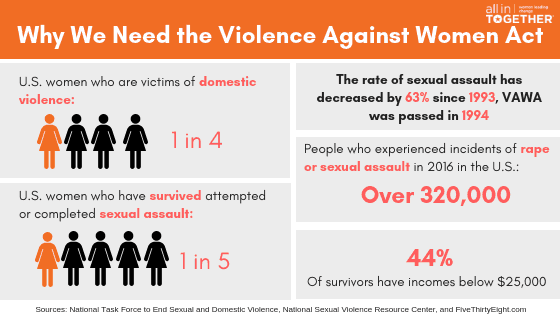

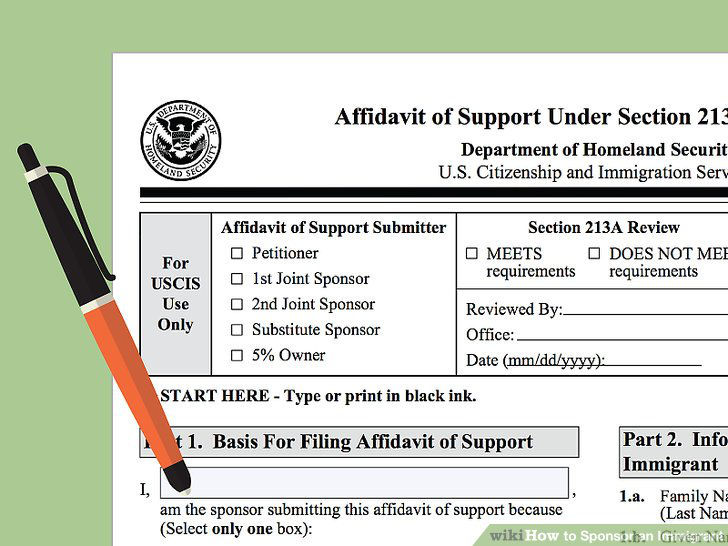




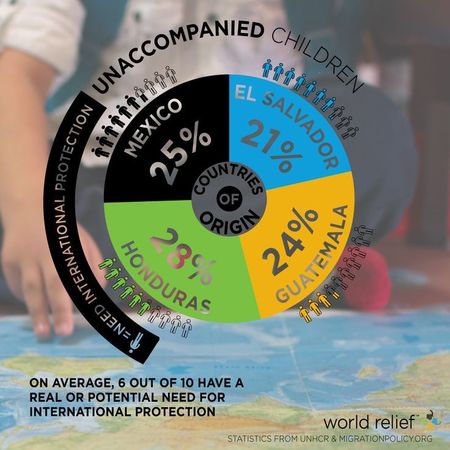
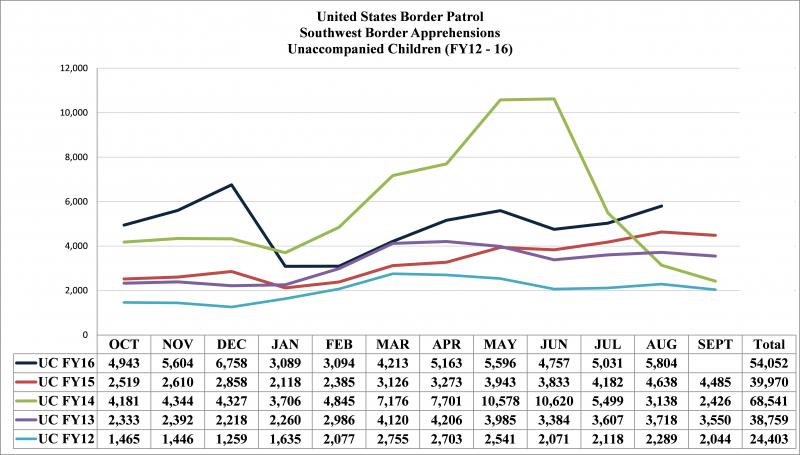
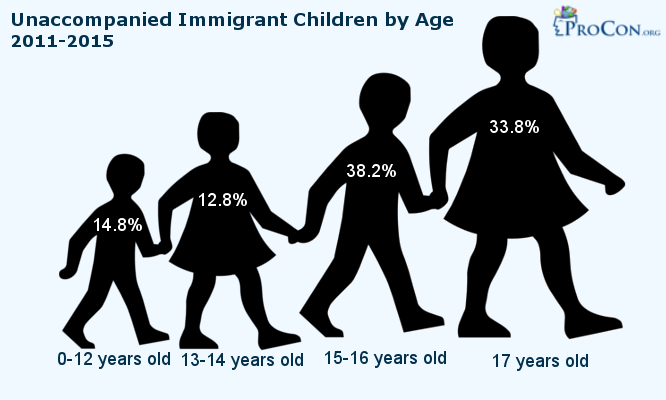
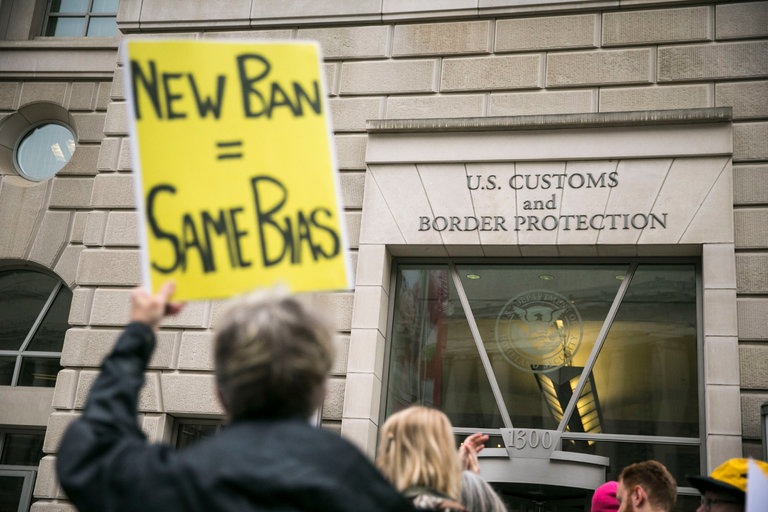



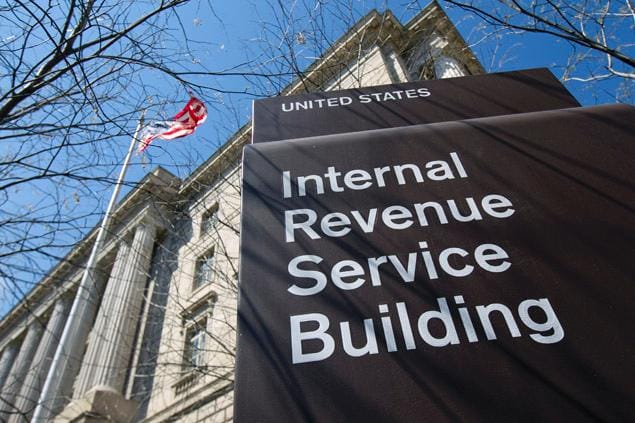

 RSS Feed
RSS Feed